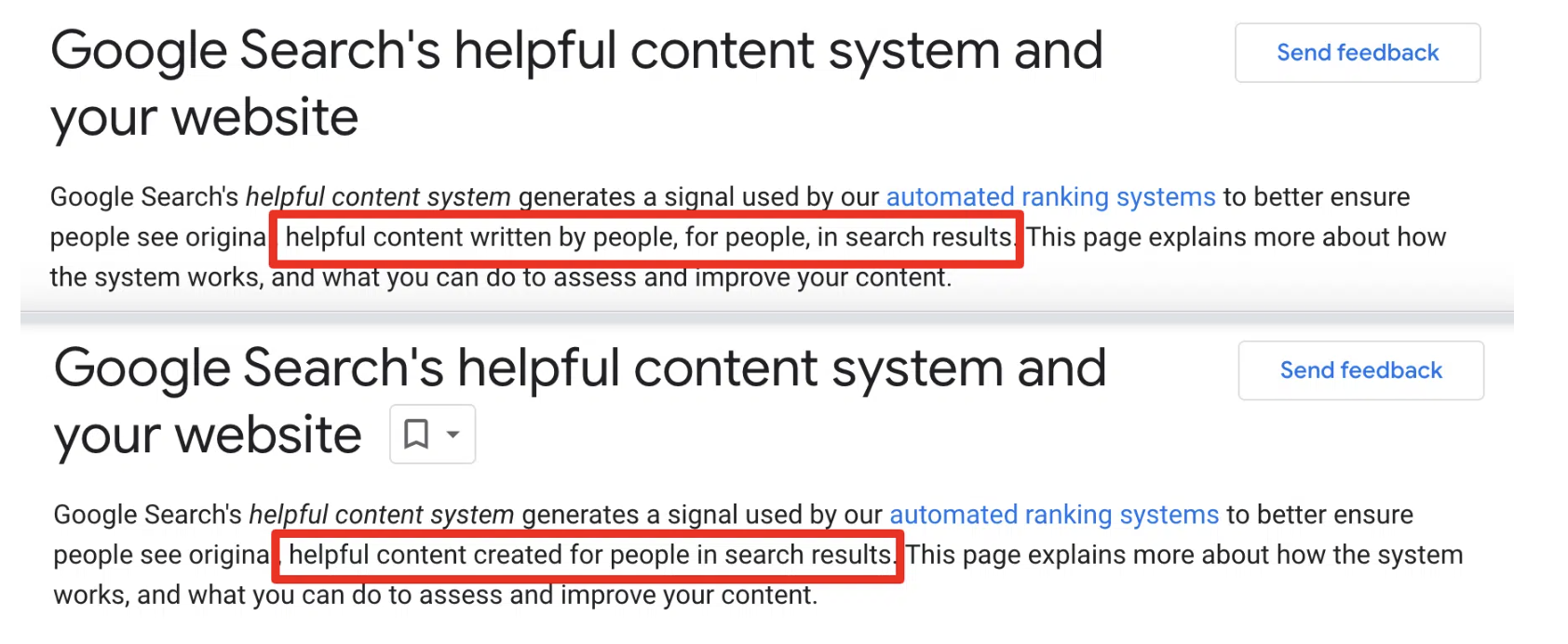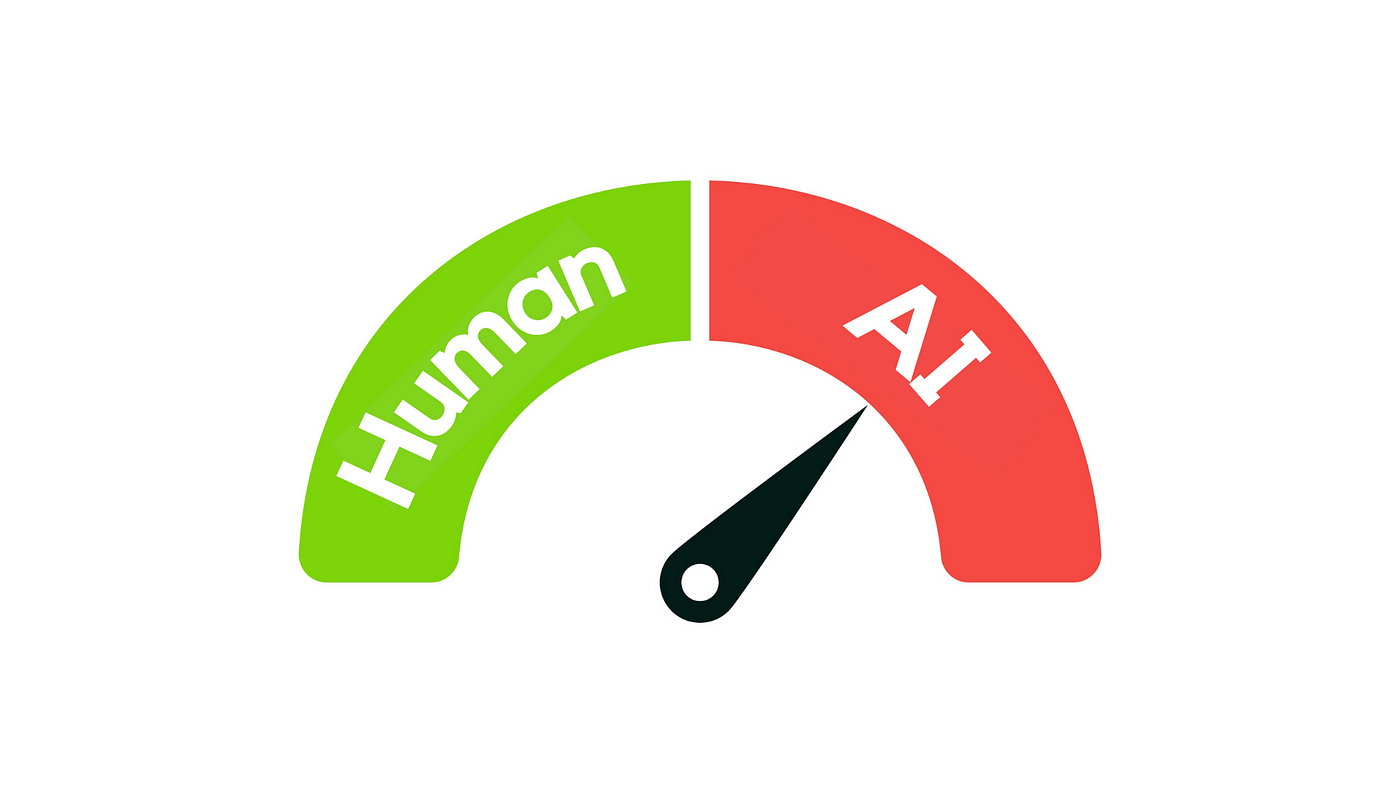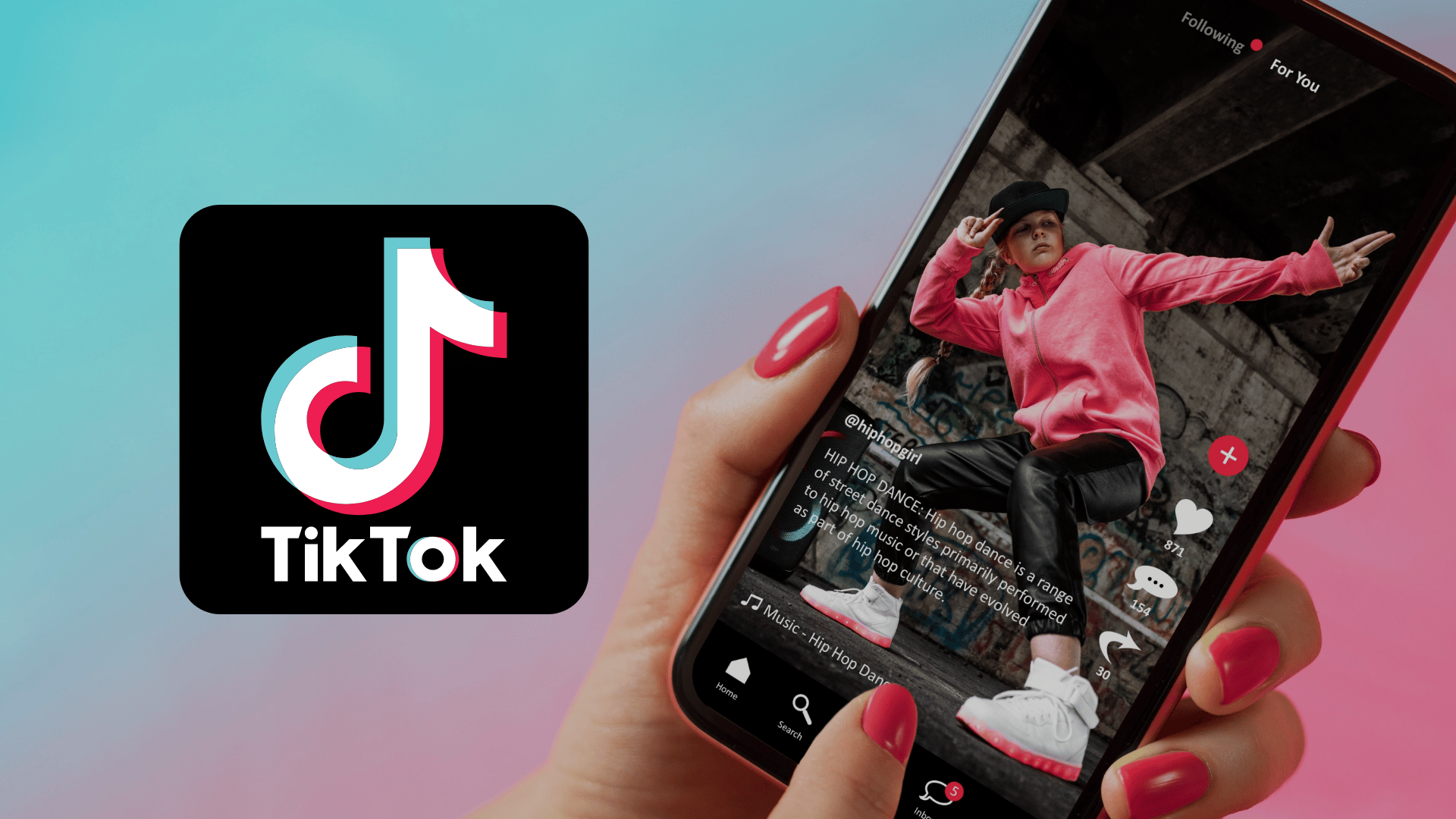In the age of rapid digital transformation, AI has seeped into almost every industry, revolutionizing how we conduct business, design products, and even create content. The ClusterMagic service is a great example, which seamlessly integrates AI for content generation in a hybrid model, providing significant benefits in the SEO results of brands seeking a massive increase in organic traffic. But while AI holds immense promise, it has its limitations. Let's explore the pros and cons of using AI for content creation and understand why a hybrid approach might be the way forward.
Pros of Using AI for Content Creation:
1. Time Efficiency: One of the standout benefits of AI is its efficiency. Traditional content creation is a time-intensive process. With AI tools, vast amounts of content can be produced rapidly, allowing writers to focus on refinement and strategy.
2. Cost-effectiveness: Hiring experts for specialized content can be expensive. AI systems can generate comprehensive content at a fraction of the cost, offering a substantial economic advantage.
3. Superior Quality: AI writing tools are designed to produce grammatically correct and logically coherent content. This is beneficial, especially for non-native speakers or those who need to be better versed in content creation.
4. Boosted Creativity: Every writer has encountered the daunting challenge of writer's block. AI serves as a catalyst, suggesting prompts, styles, and related topics to keep the creative process fluid.
Cons of Using AI for Content Creation:
1. Lack of Personal Insight: AI-generated content can sometimes lack the personal touch that resonates with readers. An absence of nuance can make content feel impersonal and devoid of human touch.
2. Confident Hallucinations: AI can produce content that, while sounding confident, might be inaccurate or irrelevant.
3. Challenges with Facts and New Information: Depending on the base language model, AI might not have up-to-date information about the world and can't ensure factual accuracy.
4. Need for Human Intervention: Ironically, while AI is efficient, its content often requires extensive human editing. This reiterates that while tools like ChatGPT are advanced, they can't completely replace the human touch.
The Current Landscape and Future Implications:
Major publishers in sensitive niches like CNET.com, Bankrate.com, and Creditcard.com have already integrated AI-generated content. Other large companies, such as CNN and Forbes, might also be doing so. Countless smaller companies and publishers are utilizing AI, not only on their websites but also on social media, in email marketing, and virtually everywhere else.
Google’s Stance on AI in 2023:
Google's stance on AI-generated content is neutral, emphasizing that content should primarily be user-centric. In fact, Google’s September 2023 Helpful Content Update removed the mention of “written by people” from their helpful content system guidelines.

The message is clear: for content to rank well, it must be informative, answer users' queries satisfactorily, and showcase genuine expertise - regardless of how it's created.
The Fallibility of AI Content Detectors:
AI Content Detectors like GPTZero, ZeroGPT, and many others are not reliable. Even OpenAI has said as much. They consistently produce false positives about human-written content. Conversely, they can be easily fooled with creative prompting or a bit of human editing.
An interesting note from OpenAI: "we found that it labeled human-written text like Shakespeare and the Declaration of Independence as AI-generated."

Does AI Content Hurt Rankings?
Anecdotal evidence and real-life ranking data suggest that while AI-generated content isn't penalized by search engines, it might only achieve high rankings if it meets the above criteria. The role of AI in content creation is still a developing narrative, and its significance is indispensable for maintaining a competitive edge in the future.

EmberTribe's Hybrid Approach:
At EmberTribe, the understanding is clear - AI serves as a foundation, not the final product. With ClusterMagic, while AI aids in the initial draft based on expert-driven keyword research, human experts step in for the crucial phases of editing, fact-checking, and final review. This hybrid approach ensures the content is accurate and helpful, has the potential to rank, and truly represents their business.


-AK-148968-preview.png?width=842&height=310&name=1.01-1x1px-Embertribe-(Client-Services)-AK-148968-preview.png)















%20-%20500x500%20-%20SP%20-%2045.01.png)
%20-%20500x500%20-%20SP%20-%2049.01.png)
%20-%20500x500%20-%20SP%20-%2057.01.png)


.png)